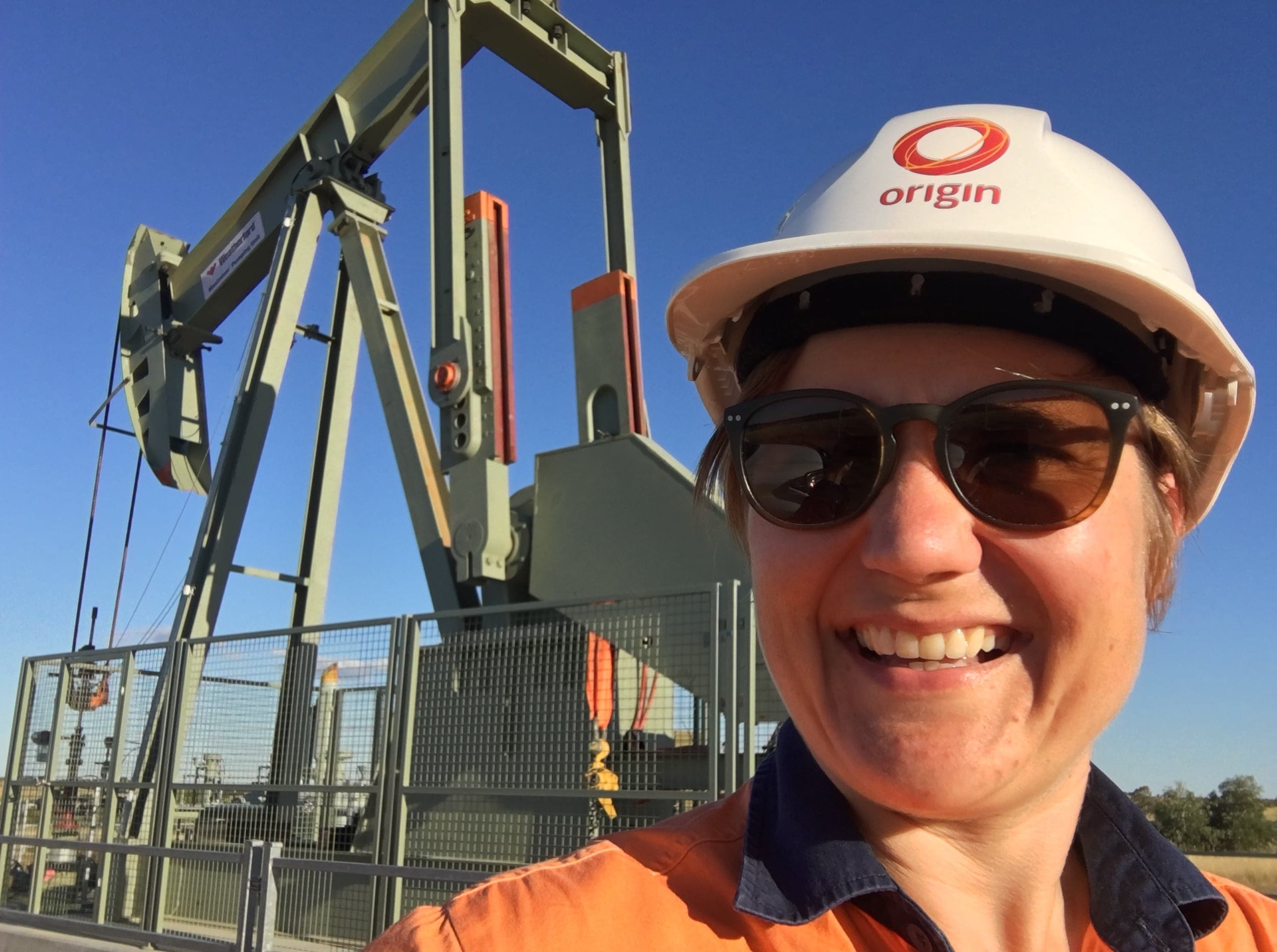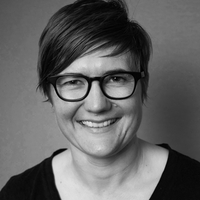Women belong in the lab, in the field, and in the room solving massive, complex scientific and engineering problems. From hydrogen and climate change to artificial intelligence and digitising the world around us, we need a diverse and representative group of people to come up with solutions that meet our collective needs – not just the needs of one part of our society.
I’m a geophysicist by training. Geophysics is about being able to see where we can’t. My job for almost two decades has been to peer into the earth so we can make good decisions about how to protect and extract valuable natural resources.
What I’ve learned over this time is that we make better decisions when the data we collect illuminates the problem from all directions – not a two-dimensional slice of the earth. We don’t just use one type of data, we integrate it with all the data available to give us a robust, multi-dimensional, multi-informational landscape.
The same process applies to bringing together the people we need to interpret this landscape. We need the capabilities and skill sets of multi-disciplined teams. We need people from diverse backgrounds with different life experiences, to see what others can’t.
When we do this, we develop such a profound understanding of the world below our feet - we can pinpoint our resources thousands of meters below us, with incredible accuracy.
So, the mission is clear – we need women to join us in the technological, scientific and engineering realms. And we need them to be themselves, to bring their own perspectives, experiences and ways of seeing the world.
But like any mission of worth, this one won’t be easy. It hasn’t been for me, and it likely won’t be for others, but being in the room to contribute to making the world a better place is worth the struggle.
Every woman I meet in the STEM field has their own journey and their own story, but there are some similar themes that emerge.
The first theme is that many women think they don’t belong in this space and commonly experience imposter syndrome. My conversations with female colleagues across the years indicates that this is an issue, not just for our young female scientists, mathematicians and engineers, but also for more experienced women. While imposter syndrome isn’t a diagnosable mental health condition, it can be associated with anxiety and depression. What it means is that when you’re in the room, you hold back from contributing because you doubt your place and undervalue your competence and expertise to make a difference.
The research shows that a contributing factor to imposter syndrome is ‘non-contingent feedback’. An example of this is giving your daughter or son a pat on the back for doing a “good job”, rather than being specific about what they did well. Did they work well with others to solve the problem? Did they think outside the box to see the problem in a different way? Did they create the space for others to bring their ideas? This specific feedback gives clarity on exactly what skills and behaviours are positive, constructive and valuable, providing a platform for future achievement.
Imposter syndrome isn’t gendered however, but what multiplies that affect in STEM professions is when women walk into the room they are often the only female there. This lived experience for women is backed by the statistics – a mere 12% of Australian engineers are female. This is where the second theme emerges - you can’t be what you can’t see. When I speak to women in STEM they invariably reference a role model they wanted to emulate as a young girl - from Sally Ride to Marie Curie to Sgt. Kate Monday. The stories we tell ourselves as a society typically centre on the experiences and contributions of historic white men, with the contributions and experiences of women and people of colour pushed to the sides. But female role models are critical to not only inspiring women to pursue STEM careers, but to also reduce imposter syndrome in the workplace once they get there. If we can increase our representation of, and exposure to, female scientists, engineers or mathematicians, we could shift the cultural bias that says, “men do science” and “women do arts”.
The third theme is the growth mindset. In their 2010 report, ‘Why so few? Women in Science, Engineering, Technology and Mathematics’ the American Association of University Women found that when teachers and parents stressed that intelligence was not fixed but can expand with learning and experience, girls performed better in maths tests and were more likely to continue to study the subject. By reinforcing that the brain is a muscle that gets stronger with effort and experience, girls can reframe the idea that maths is something they can or cannot do, but a skill that is developed over time.
When I look at this list, I can see three areas where we’re failing to create the right inclusive environment to unlock female engagement with STEM. But I also see three solutions that we can all contribute to:
- Create an environment that stamps out imposter syndrome, by providing specific and actionable feedback that gives clarity about why performance was good, great or even exceptional
- Seek out and elevate the stories of female excellence in STEM
- Encourage a growth mindset to foster the environment in which girls understand that intelligence expands with learning and experience
We need women to show up as themselves, not flatten themselves to fit into the dominant culture, to bring a fresh new perspective, challenge the status quo and enable us all to see problems in their entirety.

But we also need to create a world in which we tell not only our women, but people of colour, members of the LGBTQIA+ community and others on the margins, that they belong. That we foster an inclusive environment in which to unlock their talents and ensure that all perspectives are heard to come up with solutions that meet our collective needs.
It’s not going to be easy, but the sweetest victories come from the hardest struggles. And every time a young woman puts up her hand to say that she wants in – we all win.


